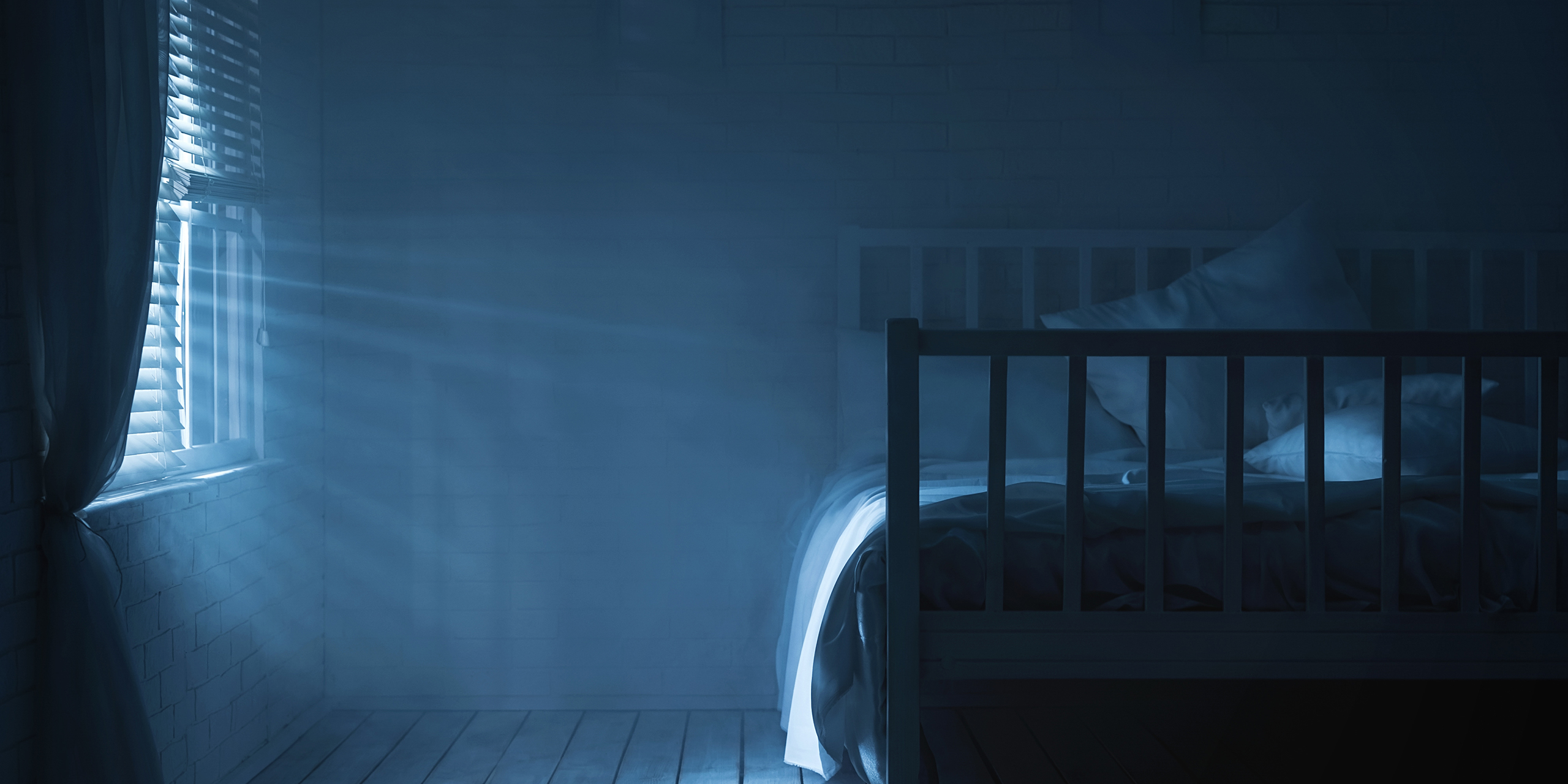How To Sleep With Light: Fixes and Advice

Whether you’re planning a summer trip to Alaska at the peak of their summer’s sunshine, or you sleep in a particularly bright room, sometimes sleeping in a room with extra light is unavoidable. In this article, we’ll map out how light and sleep interact and how you can combat this interference with some simple fixes.
How Light Interferes with Sleep
It’s common knowledge that a dark room promotes better sleep, but why exactly is that? The National Sleep Foundation describes it as “light and dark are powerful cues that tell your body it’s time to rest or get you ready for a productive day.
Essentially, any light that mimics the sun is sending a wake-up message to the brain, which reduces the release of melatonin and makes it more challenging to fall asleep. Lights from electronic devices, street lights, passing headlights, or even bright alarm clocks can all have this effect. Daylight savings time history also shows us how light contributes to time change fatigue.
The truth of the matter is sleeping with any artificial light source showing is going to negatively impact your sleep cycle. It could be as minor as taking a few extra minutes to fall asleep, or as major as taking longer to get to your first cycle of REM sleep. We’ve got some tips for all price points and investment levels to keep your room dark and pleasant for happy sleeping.
- Invest in blackout or heavily lined curtains that cut down on outside lights penetrating your bedroom or reflecting from the ceiling. If you can’t invest in curtains, consider blinds or window films that darken the space.
- Be sure your curtains are closed each night, and keep them shut tight using clips.
- Invest in a good sleep mask. While you might find some cute or attractive masks, look instead for comfort and function. Some of the best masks are those designed for air travelers because they feature engineering meant to keep out the bright lights inside of a plane cabin, and they’re meant to fit comfortably.
Creating a pleasant sleep environment conducive to great rest starts with the lighting in the room. Once you take care of any lingering artificial lights, you can start to focus on other ways to improve your bedroom, like addressing any noise concerns, temperature changes, and other disruptions you encounter. These are all great ways to get into a positive and healthy sleep cycle that will yield many great benefits.